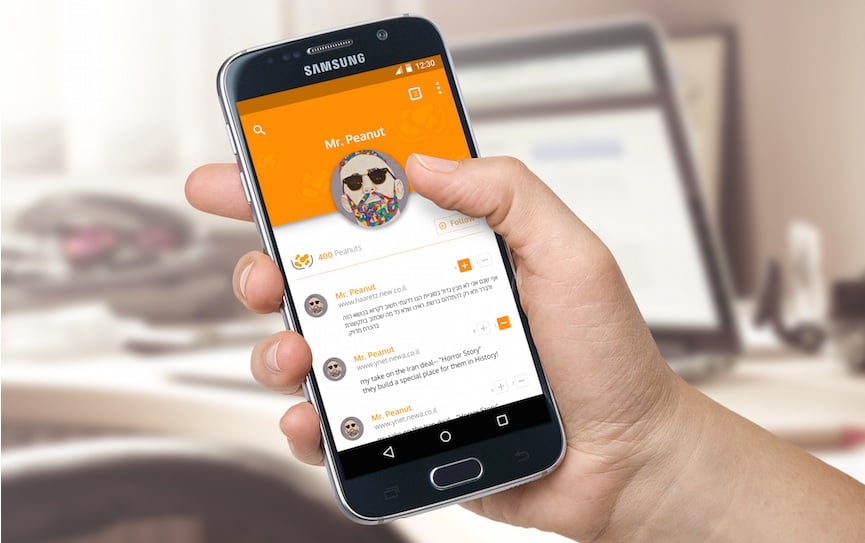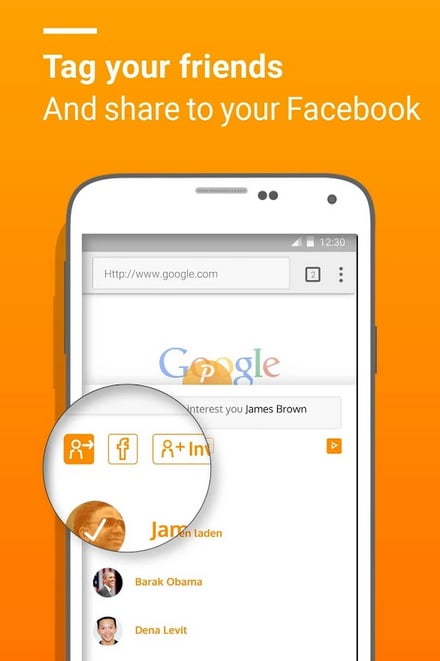This article was first published on The Times of Israel and was re-posted with permission.
It takes chutzpah to take on one of the biggest Internet companies in the world – so it’s unsurprising that the Peanut Browser, an Internet browser for Android devices, was developed in Israel. But, according to Yaakov Bergman, a founding partner of Peanut, “I think we can do well in this browser war.”
SEE ALSO: The Next Social Network?
“We offer users something they can’t get anywhere else, so when they want to comment on web pages, make notations, or connect with friends on web pages, they can fire up the Peanut browser – using Chrome, Google’s Android browser, at other times,” said Bergman.
The Peanut browser – the name comes from the term “peanut gallery,” from where kibbitzers in the cheap seats traditionally throw in their two cents – allows users to make their own notations on web pages, for the benefit of other Peanut users.
It’s the most effective way to get the attention of others and point out to them an opinion, idea, or piece of useful information, according to Bergman.
“An online comment on a news story, for example, would require approval and might not show up for hours – or be relegated to a low spot on the list, making it unlikely that anyone would read it. And Facebook and other social media only reach your friends. With Peanut, any user can comment and reach other Peanut users who come across the page,” said Bergman. “Peanut is a second, transparent layer that lives in the browser, providing useful information and opinions to Peanut users.”
SEE ALSO: BizWayz: Reach The Hidden Places Of Your Social Network
Although apps – actually extensions – enable comments on web pages from desktop computers, Peanut is the first one to bring this technology to mobile devices.
“We kept this under the table until last week in order to prevent other, bigger companies from installing this capability into their browsers,” said Bergman. “We believe that the first one to market with this has the best chance of becoming the most popular. Waze, for example, was the first turn by turn directions app, and even though Google, Apple and others came out with their own apps, people got used to using Waze and maintained their loyalty. I think the same thing could happen with Peanut.”
To continue reading this article on the TOI site, click here.
Related posts

Editors’ & Readers’ Choice: 10 Favorite NoCamels Articles

Forward Facing: What Does The Future Hold For Israeli High-Tech?

Impact Innovation: Israeli Startups That Could Shape Our Future





Facebook comments